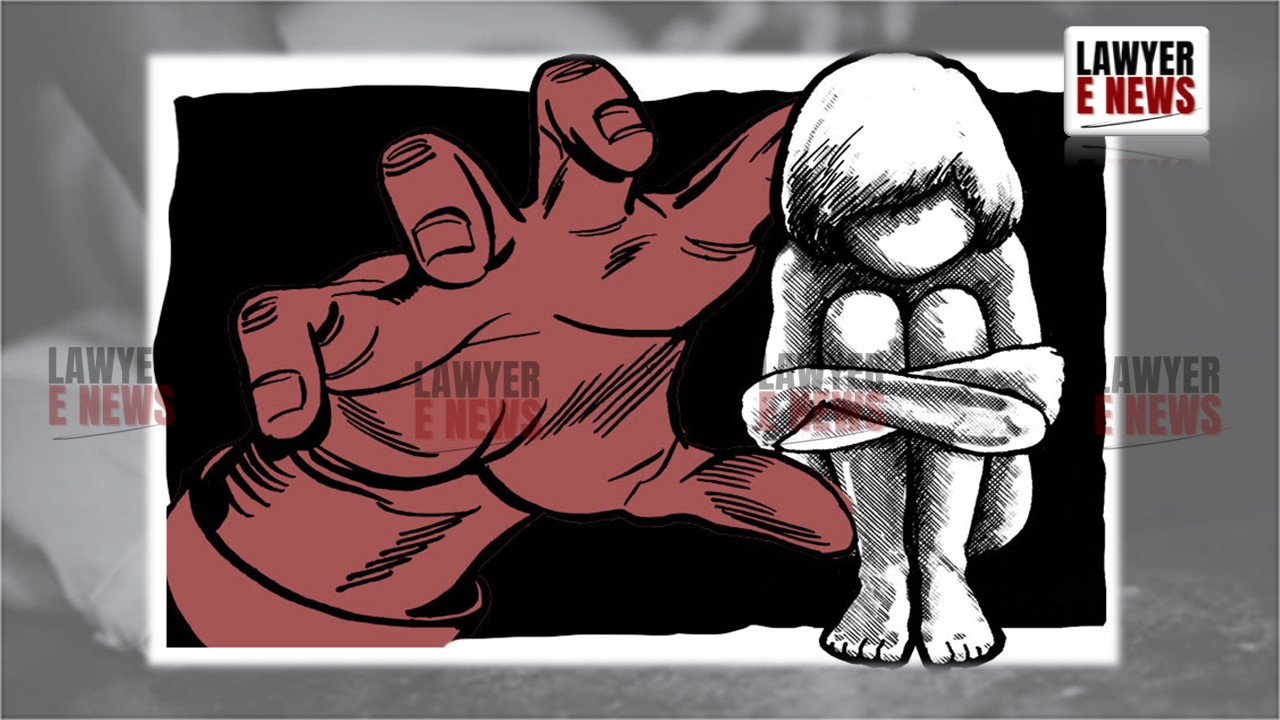-
by Admin
15 February 2026 5:35 AM



High Court of Kerala at Ernakulam, presided over by Justice A. Badharudeen, delivered a ruling in the case of Subhash v. State of Kerala (CRL.MC NO. 5916 OF 2020). The court quashed the proceedings against the petitioner, who was charged under Sections 6 and 5(n)(j)(ii) of the Protection of Children from Sexual Offences (PoCSO) Act and Sections 450 and 376 of the Indian Penal Code (IPC). This decision came after the accused married the de facto complainant, and the couple was living happily. The judgment raises questions on the legal stance regarding settlements in serious offenses such as rape and PoCSO Act violations.
The case originated when the petitioner, Subhash, was accused of committing offenses under the PoCSO Act and IPC based on allegations that he had sexual intercourse with the de facto complainant on the false promise of marriage. The incidents occurred between 2018 and April 15, 2019. The complaint led to the registration of Crime No. 256/2019 at Sreekrishnapuram Police Station, resulting in the framing of charges. The petitioner sought to quash these charges under Section 482 of the Code of Criminal Procedure, arguing that he had since married the complainant, and they were living together peacefully.
The court was tasked with determining whether the proceedings against the petitioner could be quashed in light of the couple's subsequent marriage and settlement. The primary legal issue revolved around the court's power to quash proceedings in cases involving serious offenses, particularly those under the PoCSO Act and IPC, which have far-reaching societal implications. The court noted that in cases of severe crimes like murder, rape, or other offenses of moral turpitude, settlement between the offender and the victim typically holds no legal weight.
Justice A. Badharudeen observed that offenses like rape and those under the PoCSO Act are considered crimes against the body and dignity of a woman. Settlements in such cases, the court noted, "would be against her honor which matters the most. It is sacrosanct." The court emphasized the importance of public interest in punishing individuals for serious offenses, underscoring that these crimes are not merely private disputes but have a broader societal impact.
However, the court deviated from this principle in the present case, recognizing the marriage between the accused and the complainant and their subsequent peaceful living. The court expressed that in this specific instance, the "tough nut stand" against settlements should be reconsidered with humanitarian considerations to ensure the peaceful family life of the parties involved. Consequently, the court allowed the petition for quashing the proceedings, noting there was no necessity to continue with the criminal case, which might otherwise disrupt their married life and well-being.
The Kerala High Court's decision to quash proceedings in this case reflects a nuanced approach, balancing legal principles against humanitarian considerations. While the court reiterated the general principle that settlements in serious offenses are impermissible, it made an exception due to the specific circumstances, namely the marriage and subsequent settlement between the accused and the complainant.
Date of Decision: September 13, 2024
